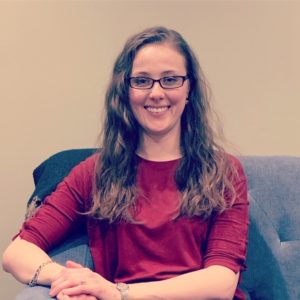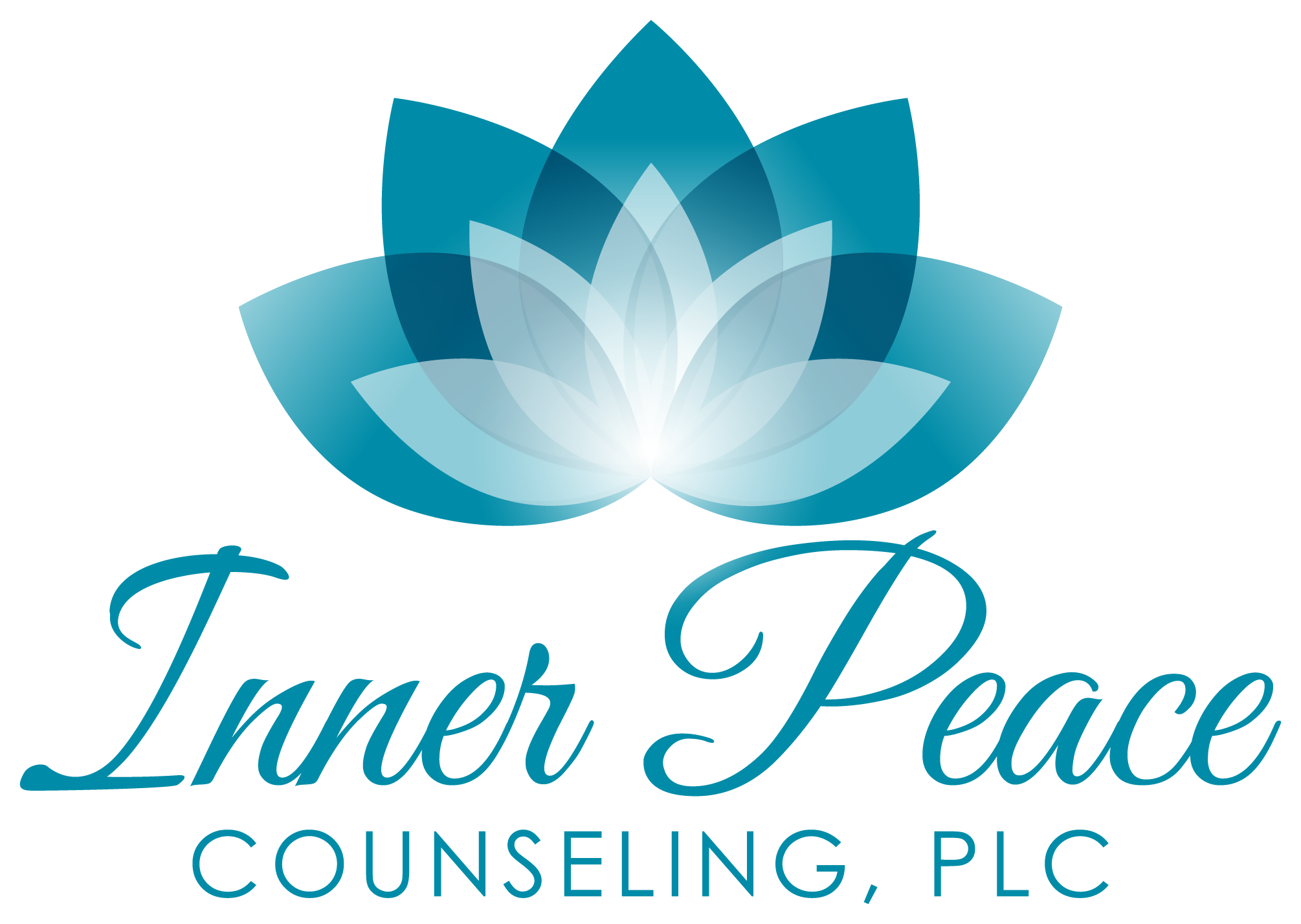Counseling for Religious, Spiritual, & Cultural Issues: The Importance of Bringing it to the Therapy Room

By: Ashley Carter Youngblood
Categories:
Counseling for Religious, Spiritual, & Cultural Issues: The Importance of Bringing it to the Therapy Room
I value diversity at Inner Peace Counseling, PLC! I work to make this common-knowledge (You can find my Diversity & Inclusion Policy here.) However, in therapy, people often ask if they can bring up their God, mention that they are Atheist, or if it is okay to talk about spirituality (even if they feel way “Woo Woo” and “Out There” in what they believe). I hope that the following information helps you to feel safe, supported, and open to bringing this important aspect of life into the therapy room.
I am comfortable speaking your language!
Counseling for spiritual/cultural issues may take the shape of dealing with some of the “big” issues like marrying someone outside of your religion, abortion, exploring sexual orientation, having a different religion/value system than your family, premarital sex, issues of dying, breaking expectations of gender roles, or embracing a religion that society doesn’t accept. It is essential to have support for such issues given the extreme importance they have on a person’s development and identity.
If you come to us for counseling on spiritual/cultural issues, I will not pretend that I know everything about your spiritual/cultural traditions. But, I will not require you to be my only source of information, either. I find great joy in expanding my knowledge of how various people see the world. So, I will work collaboratively with you to find out what your priorities are.
These priorities are often even at the center of crises related to spiritual/cultural issues. Does one follow their own heart and marry based on love or do they follow their family’s tradition of only marrying others of their same religion? Does one blindly trust their spiritual leaders even though they believe their Higher Power is leading them in another direction? What does one do if they no longer want to identify with their family’s cultural traditions after immigration? What if one sees God as a woman or as manifesting am their own divine femininity? It would be my honor to accompany you on your journey to discover the answers that are important to you.
Counseling on Anger with God
For those who believe in a Higher Power and are exploring such priorities in their life, another common experience is anger with God. For those who have experienced a major loss or crisis, often people will ask “Why would God do this to me!?” This is particularly the case for those who come from religious traditions where God is believed to be a “loving God”. In this situation, the anger sounds more like “If God really is loving and loves me, why would God allow this to happen!?” These are valid questions. And, while I may also encourage you to consult those who you trust within your spiritual/cultural communities for guidance, I think it is also important to explore the power of these questions within the context of therapy.
Many times people feel badly about questioning their Higher Power. When examining this critical commentary of ourselves, there is a powerful story that helps to illustrate the importance of speaking one’s genuine Truth, as told by a Rabbi:
During the Holocaust, many of the Jews in a concentration camp were devoting their time to praying and staying faithful despite the horrors of what they experienced. However, even with obvious external demonstrations of faithfulness by many of the Jews, the Rabbi overheard one Jewish prisoner yelling to the sky, “I can’t believe you, God, would do this to us! How can you let this happen to Your people!? If this is how You work, I don’t want anything to do with You!” Instead of scolding the man, as everyone expected, the Rabbi reflected out loud on how this message of genuine anger and shock was “the most sincere prayer offered to God that day”.
What Makes Counseling on Matters of Spirituality/Culture Important
The field of counseling has long had a tradition of rejecting matters of spirituality and religion within the context of working with clients. I have the complete opposite approach. Even if you are, for example, an atheist, it is important to incorporate such traditions and beliefs into the steps you are taking to improve yourself. We are not simply bodies with souls. We are souls who happen to have bodies. So, one of the things I have found is important to explore with clients is their spiritual life. How can we be well – mind, body, and soul – if we don’t attend to all three?
This does not mean that I force dialogue about spiritual issues upon you. If you want to talk about The Bible, great! If you see a psychic every week and guide your life choices based on that, okay! If you want to explore how your traditions as a Syrian Muslim have shifted since immigrating to this country after being a refugee, wonderful! If you don’t, that’s important for us to know, too. I am happy to explore whatever is important to you. I are proud to be a therapy office that values diversity and one that is perfectly comfortable discussing issues of spirituality and culture. I do not shy away from such dialogue, as it has been the tradition in my field to do. It is in fact, where I feel most at home given my holistic approach in addressing the WHOLE person – mind, body, and spirit.
~Ashley Carter Youngblood, LMSW, LMFT, CADC, ADS, NNP, CIMHP, CNRC
 Ashley Carter Youngblood is a licensed Clinical Social Worker, licensed Marriage and Family Therapist, and a Certified Integrative Mental Health Professional, Nutrition Network Professional, and Certified Nutrition Recovery Coach who has been in the field since 2007. She offers counseling at her woman-owned business, Inner Peace Counseling, PLC, for those in Kalamazoo, Portage, Mattawan, Battle Creek, Paw Paw, and the surrounding areas of Southwest Michigan. She is passionate about her work with clients, whether it’s providing traditional individual counseling, life coaching, acupuncture, or Amino Acid Therapy for mental health symptoms. Her specialties include holistic healing, counseling for women, anxiety, nutritional interventions for mental health, and support for Highly Sensitive People/Empaths.
Ashley Carter Youngblood is a licensed Clinical Social Worker, licensed Marriage and Family Therapist, and a Certified Integrative Mental Health Professional, Nutrition Network Professional, and Certified Nutrition Recovery Coach who has been in the field since 2007. She offers counseling at her woman-owned business, Inner Peace Counseling, PLC, for those in Kalamazoo, Portage, Mattawan, Battle Creek, Paw Paw, and the surrounding areas of Southwest Michigan. She is passionate about her work with clients, whether it’s providing traditional individual counseling, life coaching, acupuncture, or Amino Acid Therapy for mental health symptoms. Her specialties include holistic healing, counseling for women, anxiety, nutritional interventions for mental health, and support for Highly Sensitive People/Empaths.
I welcome you to contact me or leave any questions or feedback you have about this post. Please keep in mind that the above information is the opinion of an individual, should not be considered medical advice/treatment, and is for entertainment/educational purposes only. I write these blogs as an expression of my passion for wellness and with the hope to be able to help as many people as possible. So, for more information about how to safely navigate this website and to what terms you are agreeing upon use, visit my Disclaimer page. And, as always, if you are experiencing an emergency, contact 911 or present yourself to your nearest emergency room.
Thanks for reading.
